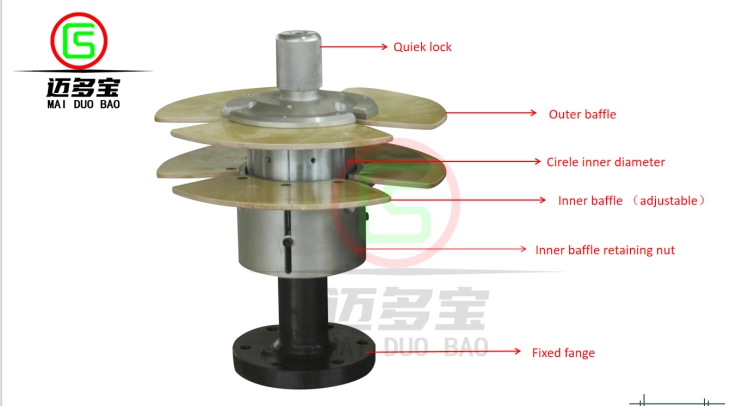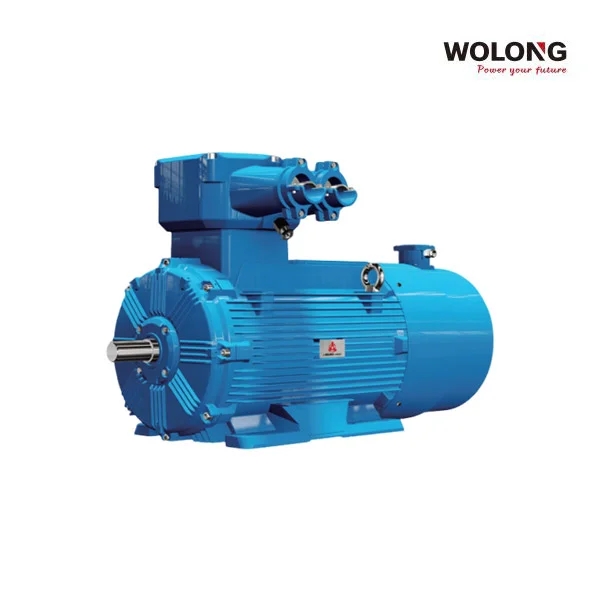When it comes to fuel delivery systems, the debate between electric and manual fuel pumps has been ongoing for years. Both options have their advantages and disadvantages, making it crucial to understand the intricacies of each before making a decision. In this blog post, we will delve into the key factors that differentiate electric and manual fuel pumps, helping you make an informed choice for your specific needs.
- Efficiency and Performance:
Electric Fuel Pump: The electric fuel pump is known for its consistent and reliable fuel delivery. It operates at a higher pressure, ensuring a steady flow of fuel to the engine. This results in improved engine performance, especially at higher speeds or under heavy loads. Additionally, electric fuel pumps are less prone to vapor lock, a common issue in manual pumps.
Manual Fuel Pump: Manual fuel pumps, also known as mechanical fuel pumps, rely on the engine's mechanical motion to draw fuel from the tank. While they are generally less expensive, they may struggle to maintain consistent fuel pressure, particularly in high-demand situations. This can lead to engine hesitation or stalling, affecting overall performance.
- Installation and Maintenance:
Electric Fuel Pump: Installing an electric fuel pump requires some electrical knowledge and expertise. However, once installed, they are relatively low maintenance. Electric fuel pumps are often equipped with built-in filters, reducing the risk of debris entering the engine. Regular inspection and cleaning of the electrical connections are necessary to ensure optimal performance.
Manual Fuel Pump: Manual fuel pumps are simpler in design and installation, making them easier to maintain. However, they require periodic manual adjustments to maintain proper fuel pressure. Additionally, manual fuel pumps may not have built-in filters, necessitating the use of external filters to prevent debris from entering the engine.
- Reliability and Durability:
Electric Fuel Pump: Electric fuel pumps are generally more reliable and durable than their manual counterparts. They are designed to withstand higher pressures and continuous operation, making them suitable for high-performance engines. However, electrical failures or malfunctions can occur, leading to fuel delivery issues. Regular inspection and testing are essential to ensure their continued reliability.
Manual Fuel Pump: Manual fuel pumps, being mechanical in nature, are less prone to electrical failures. They are known for their simplicity and robustness, making them suitable for older vehicles or those operating in harsh conditions. However, mechanical wear and tear can affect their performance over time, necessitating periodic maintenance and potential replacement.
Conclusion:
Choosing between an electric and manual fuel pump ultimately depends on your specific requirements and the vehicle's characteristics. Electric fuel pumps offer consistent performance, higher pressure, and reduced vapor lock issues, making them ideal for modern vehicles. On the other hand, manual fuel pumps are simpler, more cost-effective, and suitable for older vehicles or those operating in rugged environments. Consider factors such as efficiency, installation, maintenance, reliability, and durability before making a decision. Remember, it's crucial to consult with a professional mechanic or automotive expert to ensure the best choice for your vehicle's needs.




More Stories
Cable Hollow Winder Launched with Rapid Operation
What Is an Explosion Proof Motor and How Does It Work?
The Role of Electrofusion Fittings in Leak-Free Water and Gas Networks